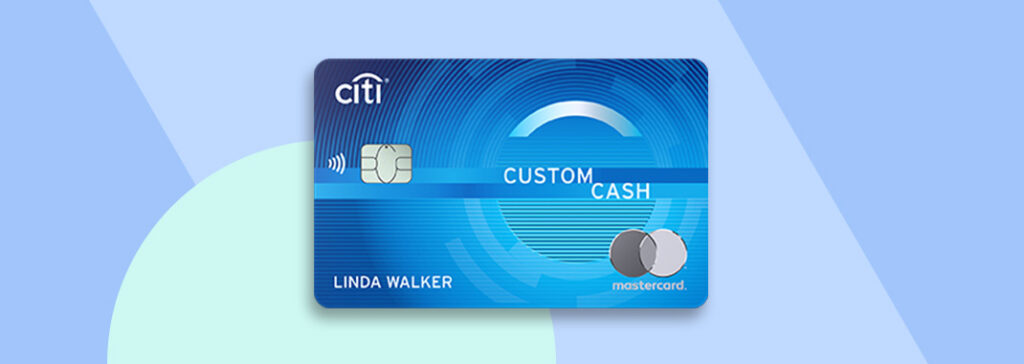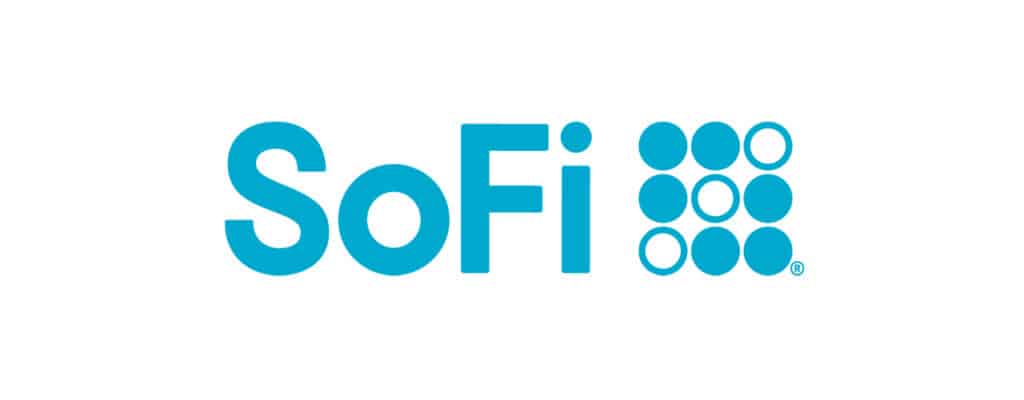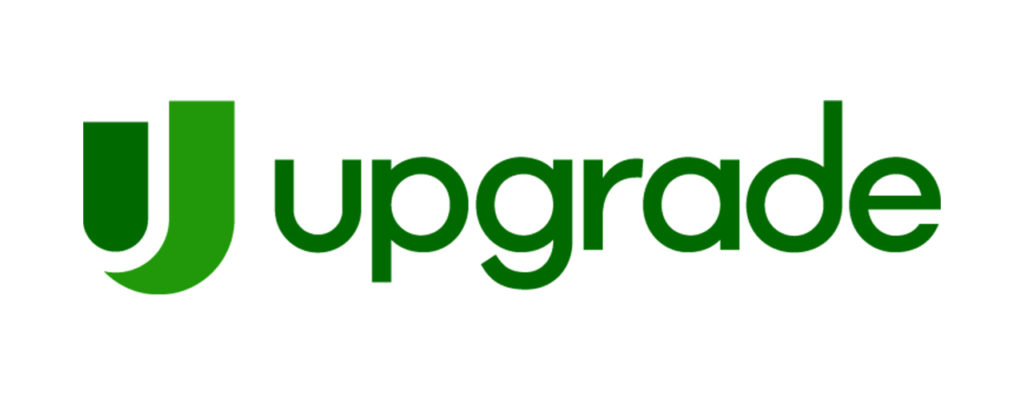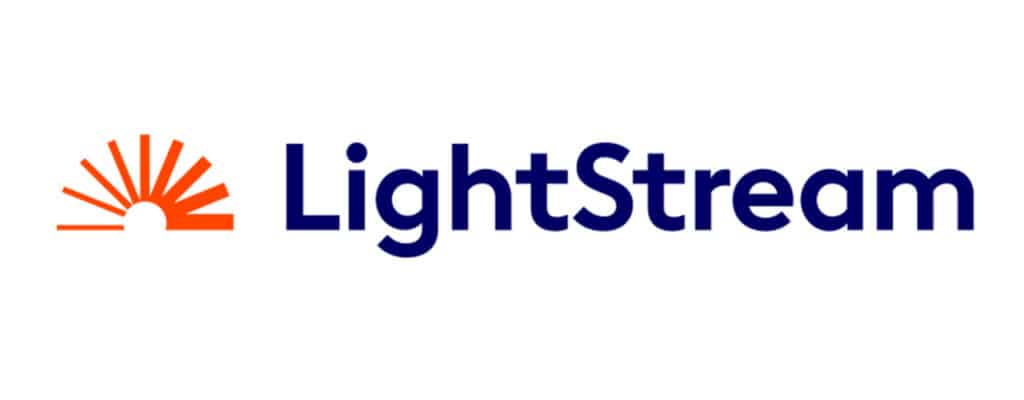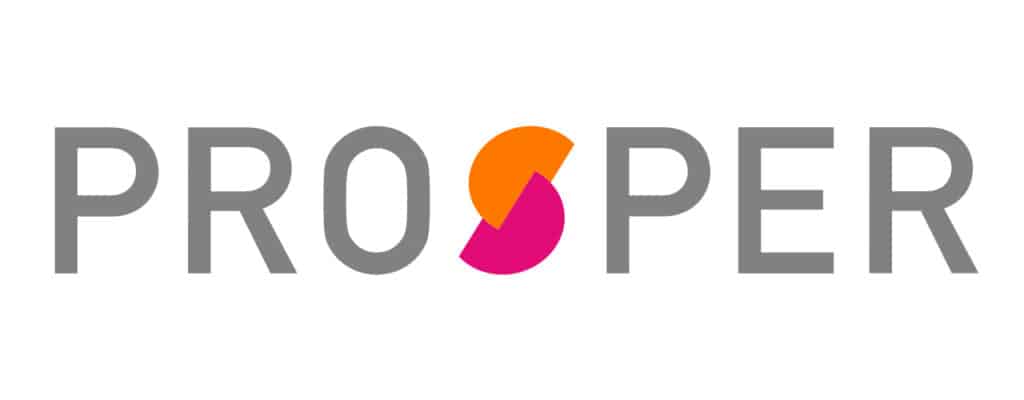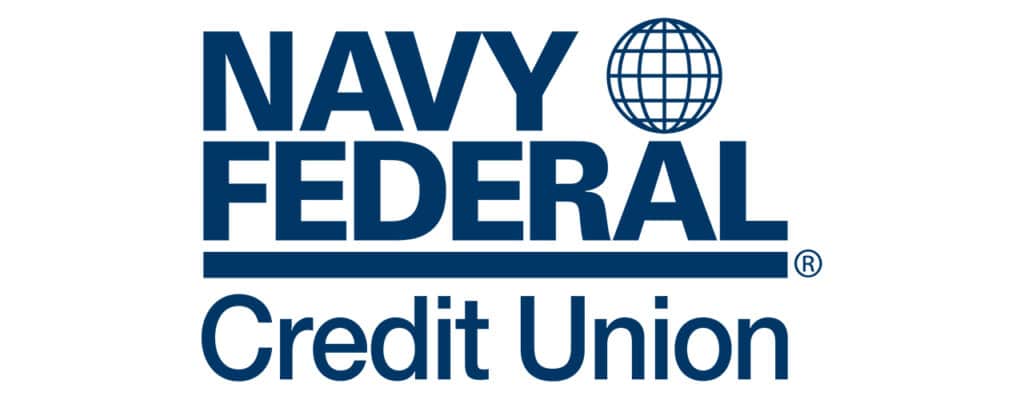Most products on this page are from partners who may compensate us. This may influence which products we write about and where and how they appear on the page. However, opinions expressed here are the author's alone, not those of any bank, credit card issuer, airline or hotel chain.
Dealing with financial problems is stressful, and that's especially true for emergencies. But, you're not alone. According to a survey from the Federal Reserve, about one out of every three Americans couldn't afford to pay for
Many people choose to take out a personal loan to pay for emergencies. While personal loans can be a good option for fast and easy funding, getting a loan can put you in a vulnerable position. Make sure you are fully aware of the pros and cons of a personal loan and the risks. We'll help key you in on the most critical details when choosing an emergency loan, as well as the best loans to choose from if you're looking for same or next-day funding.
Best Emergency Loans
There are many lenders to choose from, including online lenders and traditional bank loans. Loan terms and rates will also vary based on your creditworthiness, so it's a good idea to get prequalified so you can compare rates. Overall, here are the best lenders to consider depending on your situation:
- Best for Good Credit: SoFi
- Best for Bad Credit: Upgrade
- Best for Same-Day Funding: LightStream
- Best for Co-Borrower Option: Prosper
- Best for Military & Veterans: Navy Federal Credit Union
Loan results will vary based on creditworthiness, loan purpose, loan amount, and other factors.
Best for Good Credit
SoFi Personal Loans
- Loan Amounts$5,000 – $100,000
- Loan Terms24 – 84 months
- APR Range8.99% – 29.49%
- Minimum
Credit Score680 or aboveA credit score is used to indicate the creditworthiness of an applicant, but it is only one of several factors considered for approval. These credit scores alone are not guarantees for approval and should only be used as guidelines.
SoFi's personal loan offering comes with no fees required and a high loan maximum that may be a good fit for those seeking large loans.
Overview
SoFi offers a competitive personal loan product that boasts no origination fees, no late fees, and a high maximum loan amount of $100,000. SoFi is one of only a handful of lenders offering loans as large as $100,000. If you need a substantial loan to cover a considerable expense, like a home renovation, SoFi’s high maximum can be a strong option. One standout feature of SoFi is that it offers unemployment protection, which might allow you to pause payments if you lose your job. Same-day funding is also available for qualified borrowers
Read the reviewPros
- No origination fees, no prepayment penalties and no late fees
- Loans up to $100,000
- Unemployment protection available
- Autopay rate discounts
- Co-borrower allowed
- Same-day funding available
Cons
- No physical branches
- High minimum loan amount
- Good credit likely required
Best for Bad Credit
Upgrade
- Loan Amounts$1,000 – $50,000
- Loan Terms24 – 84 months
- APR Range8.49% - 35.99%
- Minimum
Credit Score560 or aboveA credit score is used to indicate the creditworthiness of an applicant, but it is only one of several factors considered for approval. These credit scores alone are not guarantees for approval and should only be used as guidelines.
Borrowers with less-than-stellar credit profiles may find Upgrade personal loans accessible, and its quick funding and flexible payment due dates convenient.
Overview
Upgrade offers personal loans that are accessible to those with not-so-ideal credit scores. The low loan minimum of $1,000 also makes it an easy choice for those with small financing needs. However, borrowers in certain states will be subject to higher minimum loan amounts. With this lender, you can expect to pay an origination fee. Borrowers can view their rate before applying without impacting their credit score. Overall, Upgrade is worth considering if you’re looking for a lender that is willing to work with lower credit scores and offers loans with competitive rates and flexible terms.
Read the reviewPros
- Accessible to borrowers with bad credit
- Flexible loan terms
- Joint applications allowed
- Secured loan options
- Direct payment to creditors
Cons
- Has origination fees
- No physical branches
- Higher APRs than some competitors
Best for Same-Day Funding
LightStream
- Loan Amounts$5,000 – $100,000
- Loan Terms24 – 144 months
- APR Range7.49% – 25.49% (with autopay)
- Minimum
Credit Score660 or aboveA credit score is used to indicate the creditworthiness of an applicant, but it is only one of several factors considered for approval. These credit scores alone are not guarantees for approval and should only be used as guidelines.
LightStream is a solid online lender offering no fees, high loan maximums and low-rate personal loans for several purposes.
Overview
LightStream offers personal loans for several purposes, including debt consolidation, medical expenses, home improvement, weddings, car purchases and more, making this worth considering for those seeking flexibility. The lender offers relatively low rates compared to competitors, including autopay discounts. Its personal loans also have no origination fees or late fees, which can help keep borrowing costs low. However, borrowers will likely need to have good-to-excellent credit in order to be approved for a LightStream personal loan. Overall, it’s a good lender to add to your shortlist if you’re looking for flexible funding, no fees and a low APR. Lightstream may also disburse loans as soon as the same day you’re approved, making this lender a worthy choice if you need fast funding.
Read the reviewPros
- Low minimum APR
- No origination fees, no late fees
- High loan maximum of $100,000
- Autopay discount
- Joint applications allowed
Cons
- Rates and terms vary by loan purpose
- No soft pull prequalification
- Must have good-to-excellent credit
- No physical branches
Best for Co-Borrower Option
Prosper
- Loan Amounts$2,000 – $50,000
- Loan Terms24 – 60 months
- APR Range8.99% – 35.99%
- Minimum
Credit Score600 or aboveA credit score is used to indicate the creditworthiness of an applicant, but it is only one of several factors considered for approval. These credit scores alone are not guarantees for approval and should only be used as guidelines.
Prosper is an online lending platform offering fast funding for personal loans and the option to apply with a co-borrower if your credit isn't stellar.
Overview
Prosper is an online peer-to-peer (P2P) lending platform offering personal loans and HELOCs. Because it’s P2P, Prosper works slightly differently than other non-P2P lenders. Borrowers sign up and are assigned a Prosper Rating based on their creditworthiness, and investors can choose whether or not to fund them after viewing their loan listing. Borrowers can expect to pay an origination fee depending on their Prosper Rating. Funding can be available as soon as the next business day after approval of the loan, making it a solid option in emergencies. Fortunately, if your credit isn’t stellar, Prosper offers the option to apply with a co-borrower, which could improve your chances of getting a better rate.
Read the reviewPros
- Can change your loan payment date
- Option to apply with co-borrower
- Next-day funding available after approval
Cons
- No physical branches
- Has origination fees
- Not available in all states
Best for Military Members and Veterans
Navy Federal Credit Union
- Loan Amounts$250 – $50,000
- Loan TermsUp to 180 months
- APR Range8.99% – 18.00%
- Minimum
Credit ScoreNoneA credit score is used to indicate the creditworthiness of an applicant, but it is only one of several factors considered for approval. These credit scores alone are not guarantees for approval and should only be used as guidelines.
Personal loans from Navy Federal Credit Union come with no origination fees, quick funding, and can be a good fit for borrowers with less-than-ideal credit.
Overview
To qualify for Navy Federal Credit Union loans, you’ll need to be a member: you need to be a veteran, active-duty service member, Department of Defense personnel, or eligible military family member. In addition to offering co-signed personal loans for borrowers with less-than-perfect credit, Navy Federal Credit Union also offers secured personal loans. Borrowers won’t pay an origination or prepayment fee, and funding can be available as quickly as the same day. It’s worth putting this lender on your shortlist if your credit isn’t great and you’re looking to compare loan options.
Pros
- Fast funding available
- Minimum loan amounts as small as $250
- Lengthy repayment terms up to 180 months for home improvement loans
- Co-signer option available
- No origination fee
- Secured loan options available
Cons
- High minimum loan amounts for longer-term loans
- Need to be a member to get a loan
Types of Emergency Loans
"Emergency loan" isn't an official term. People usually use the term emergency loan when they apply for a type of loan to pay for an emergency expense. Here are some of the different types of financial resources you may be able to use as an emergency loan:
- Personal loan: Emergencies are one of the most common reasons for taking out a personal loan. You don't need any collateral, which helps to speed the process up.
- Payday loans: These are smaller, quickly disbursed loans that are popular because they don't rely on your credit score and have short repayment terms. However, they're not recommended because they don't help you build credit, and they charge such high rates it's easy to get caught in a debt trap.
- Car title loans: This type is similar to payday loans, but you use your car's title as collateral. They can also get you the money immediately and without a credit check. But you will lose your car if you don't repay this ultra-expensive loan.
- Unsecured credit: People also commonly use credit cards and lines of credit to pay for emergencies. Watch out, though; just like with payday loans, it's easy to get caught in a cycle of debt.
- Secured credit: If you own a home, you may be eligible for a home equity line of credit (HELOC) which may offer lower rates. Be careful — if you default on the loan, you could lose your home.
- Money loan apps: Some apps such as Cash App's borrow feature can spot you some cash quickly if you need it before your next paycheck arrives. The fees vary depending on the app, and the borrowing amount is typically much lower than personal loans.
Pros and Cons of Emergency Loans
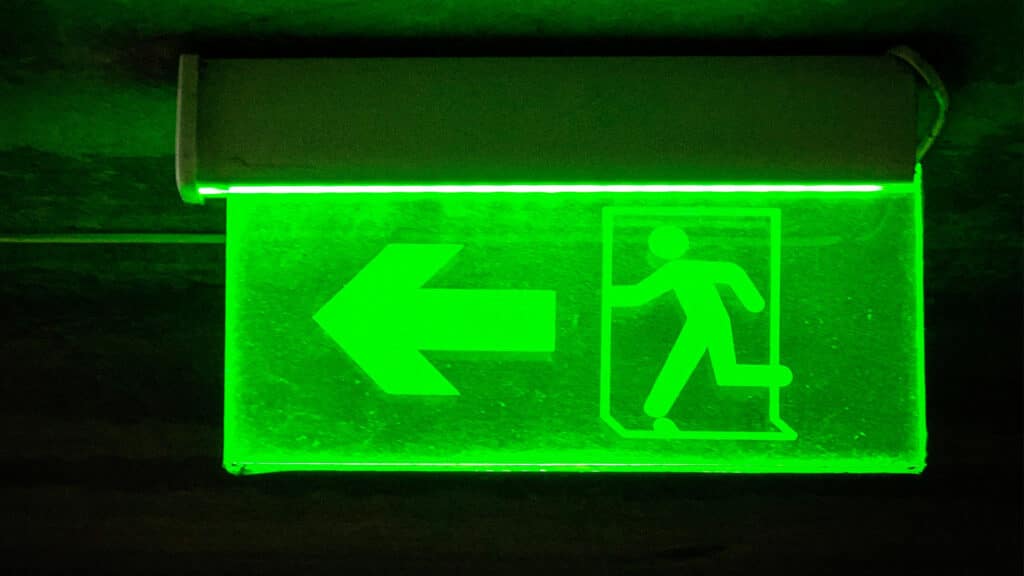
Keep these factors in mind to help you decide whether taking out an emergency personal loan is the best option for you:
Pros
- Offers safety net
- Can be used to build credit
- Fast funding
Cons
- Can be expensive
- Can potentially hurt credit
- May require collateral or co-signer
- Adds to debt burden
Pros of Emergency Loans
- Can be a safety net: Emergency personal loans have many downsides, but if they help you keep a roof over your head or keep you afloat financially during times of unemployment, it may be worth it.
- Can help you build credit: If you pay off your loan according to schedule, it'll generally help to grow your credit score by the time the loan is repaid. Note: Payday and car title loans generally don't use credit, so this won't apply to these loan types.
- Can get your money quickly: Personal loans are relatively straightforward to get. Some lenders can even get you your cash as soon as the same day, although it'll take a few days with most lenders.
Cons of Emergency Loans
- Can be expensive: Some emergency loans can be very expensive, such as if you have bad credit. Some lenders know that you're in a tight spot if you're looking for an emergency loan and use that as leverage to jack up the rates, like with payday loan lenders.
- Can harm your credit: Taking on too much debt can hurt your credit if you plan on applying for other loans, like mortgages, in the near future. This can also increase your debt-to-income ratio, which mortgage lenders don't like. If you miss any payments, you'll also see a big drop in your score, which can take years to recover.
- May require collateral or a co-signer: If you don't have good credit, the lender might require you to put up some collateral they can repossess if you default. Or, they could require you to apply with a co-signer or co-borrower, who agrees to pay the loan if you can't.
- Adds to debt burden: You'll be repaying your loan for months or years, adding to your overall debt burden. That means you'll have less to put toward an emergency fund or the next unexpected expense, and this is how many people get caught in a cycle of debt.
How to Choose the Best Emergency Loan
If you're desperate for funding, it's easy to be taken advantage of by pricey lenders. Instead, here's a quick list of things to keep in mind before you apply for an emergency loan:
- Consider alternatives: You can find community support and mutual aid programs through 211.org or by dialing 211 on your phone. A reputable credit counselor, such as from the National Foundation for Credit Counseling, may help you set up a formal written agreement. In some cases, you may be able to ask family and friends if they'll be willing to help you. Finally, you may be able to ask for a payment plan or extension from many outlets, such as doctor's offices.
- Start the application process as soon as possible: The sooner you apply, the faster you'll receive a loan decision. Some lenders may even be able to fund you the same day if you apply early enough. Also, try to respond to any lender requests for more information as soon as possible, because that will help speed things up too.
- Start with your bank first: Your bank already has access to your account and may be able to get you money faster than a third-party lender that has to clear deposit hurdles first.
- Check your rate with other lenders: Checking your rate is pretty quick, usually taking just a few minutes per lender. You'll be able to see your estimated rate, loan terms, and borrowing limits.
- Compare APRs, not interest rates and fees: The annual percentage rate, or APR, wraps the interest and fees all up into one easy-to-compare number for the overall cost of the loan.
- Factor in any origination fees: Not all lenders charge a one-time origination fee, but if they do, they generally take it out of your loan proceeds. For example, if you need to borrow $1,000 and there's a $50 origination fee, factor this in so you're applying for the exact amount you need. Pay attention to other fees that personal loans may charge, too.
- Set your loan repayment on autopay: As soon as you get the loan funds, sign up for autopay. This prevents you from missing any monthly payments and ensures you can use this opportunity to grow your credit score.
Alternatives to Emergency Loans
If you need financing for an emergency and decide that a personal loan is not the right fit, here are some alternatives to consider:
- Explore financial assistance programs from local community groups or organizations.
- Look into 0% Intro APR credit cards that allow you to pay off an expense over time without interest.
- Ask your friends, family or support system if they'd be willing to offer a loan.
- If you are paying off medical bills or another type of debt, negotiate a payment plan or ask about hardship assistance programs.
Weigh your options carefully to avoid a situation where you can end up deeper into debt.
FAQs
-
Yes, you'll see a small temporary credit hit after applying for the loan. But making payments on time could boost your score. If you miss payments or default, it could damage your credit score.
-
Yes, it is possible to get an emergency loan with bad credit. However, you may have to pay more for it, which can stress your finances going forward.
-
No, lenders generally don't approve people for a loan unless they demonstrate that they'll be able to repay it. It'll be hard to find a lender if you're unemployed, but some lenders may be willing to work with you if you have a co-borrower with income.
-
If you apply for a loan with your own bank or credit union, they may be able to approve you for a loan immediately. Some online lenders offer same-day funding, but most lenders will take a few days.
-
It depends on the loan, but many emergency loans are unsecured, which means you don't need to put up any collateral to take out the loan.
However, some loans, including car title loans and many designed for borrowers with bad credit, are secured. A secured loan is backed by some sort of asset that the lender can take if you don't make payments. For example, with a car title loan, the title is the collateral.
-
It depends on your creditworthiness and the type of loan you're applying for, but you don't always need collateral to get an emergency loan.
Collateral is an asset, like a car, house or valuable jewelry, that a borrower puts up to secure certain types of loans. If the borrower doesn't pay what they owe, eventually the lender can take that collateral to recoup its costs.
Collateral is commonly needed for secured loans. Unsecured loans do not require collateral. If you're unsure whether you're applying for a secured or unsecured loan, ask your lender.
